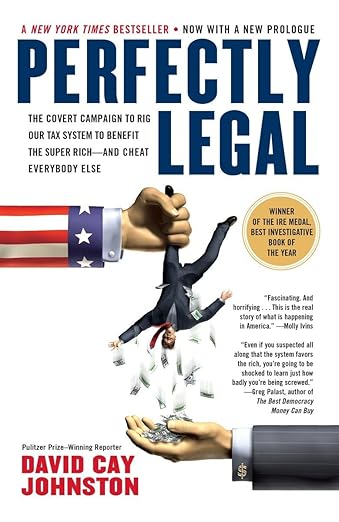Social Norms vs Market Norms
Social norms govern whether you are willing to help a friend move or cook dinner for your family. Market norms govern what you are willing to do for how much money. In an experiment to show how social norms vary from market norms, Dan Ariely created a computer task where volunteers had to drag circles […]
Social Norms vs Market Norms Read More »
